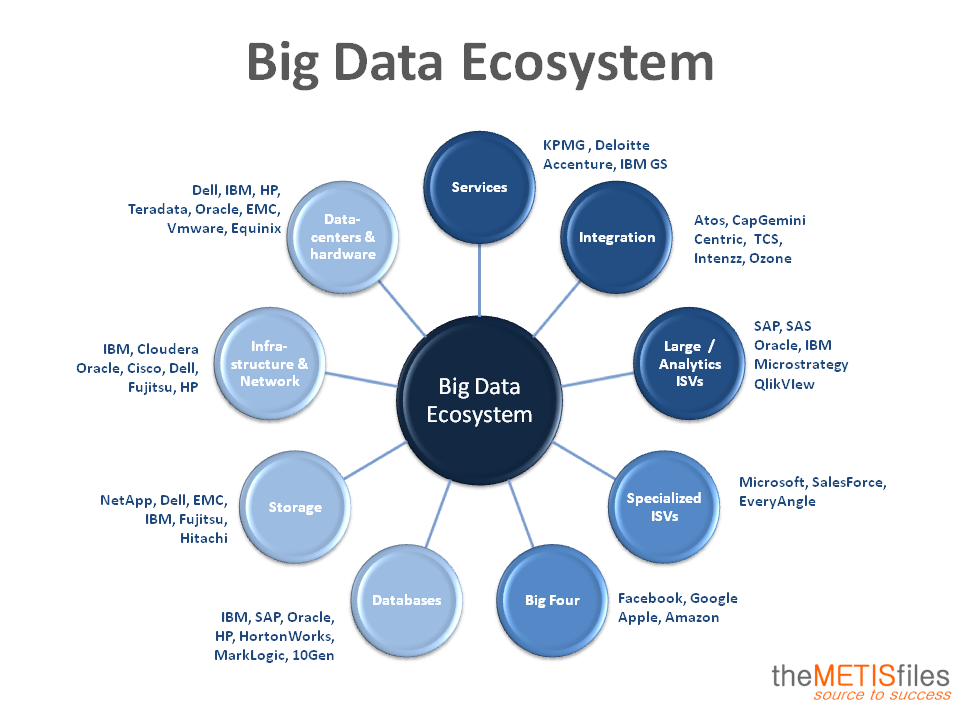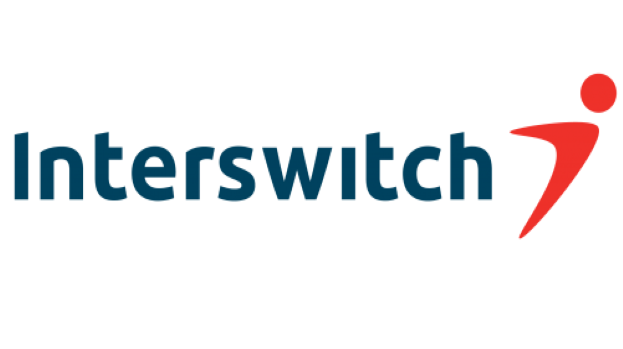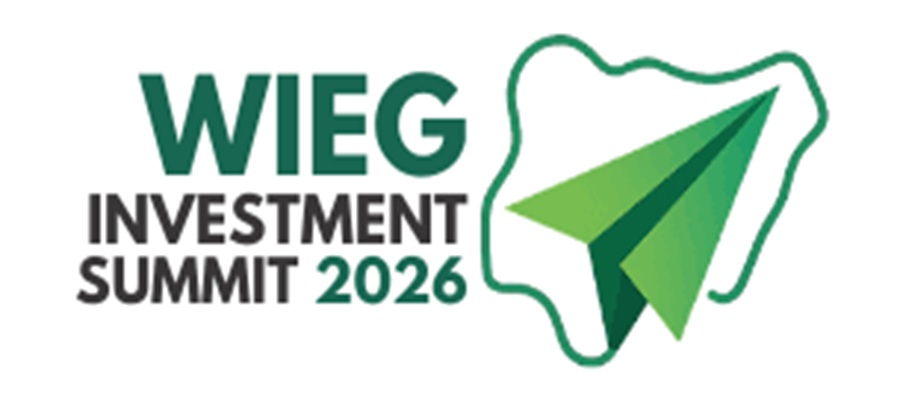E-Business
IBM Unveils new Server Model to Tackle Big Data

International Business Machines Corp, in its latest attempt at reviving demand for its hardware products, is launching high-end system servers that it says are 50 times faster than its closest competitor at analyzing data.
The POWER8 servers, the product of a $2.4 billion, three-year investment, are part of the company’s decade-long shift to higher-value hardware technology.
IBM said the machines are 50 times faster than the low-end x86-based servers it sold to Chinese PC maker Lenovo Group Ltd in January.
The technology services provider said on Wednesday it hopes the servers, designed for large-scale computing, will appeal to clients looking to manage new types of social and mobile computing and mass amounts of data.
Last week, the company reported its lowest quarterly revenue in five years, weighed down by falling demand for its storage and server products.
IBM dominates the higher-end server market with 57 percent market share, according to research firm Canalys.
“For IBM customers in particular the POWER8 represents a generational jump forward so far as overall performance and system capacity goes,” said Charles King, an analyst at Pund-IT in California.
“POWER8 should help IBM move forward in this very cloud-centric, analytic path that it has been working on,” he said.
Some analysts, however, say that IBM’s shift to high-end servers makes products like POWER8 appealing only to niche customers.
“Not every app needs a high-end server,” said Jefferies analyst Peter Misek. “With IBM getting out of that lower-end business, it dramatically shrinks their addressable market.”
In order to make the servers adaptable to different needs, IBM released the data specifications for its POWER8 processor to the OpenPOWER foundation, allowing the development community to deliver new system designs based on POWER8.
The foundation, whose more than two dozen members include Google, Israeli chip designer Mellanox Technologies, U.S. chip-maker Nvidia Corp and Taiwan-based server supplier Tyan Computer Corp, will have access to hardware previously proprietary to IBM.
Huawei to Spend $300 Million on Global Marketing in 2014
Huawei Technologies Co Ltd, the world’s third-biggest smartphone manufacturer, plans to spend $300 million on global marketing in 2014, a senior executive said on yesterday.
“This year Huawei will spend $300 million on marketing,” Shao Yang, Huawei’s vice president of marketing for its consumer business, told Reuters on the sidelines of a press conference on Wednesday in Shenzhen, China, where the company is headquartered.
Huawei is trying to move upmarket as it shifts its focus from low-end smartphones to mid-range and premium handsets. “In 2014, we are aiming our sales efforts at improving our branding image,” Eric Xu, Huawei’s acting CEO, said last month.
Xu said earlier on Wednesday that the growth of Huawei’s business would not be negatively affected by concerns about its products’ security, following media reports last month that U.S. authorities had hacked into Huawei’s headquarters.
E-Business
Firm Identifies RenEngine Loader Distributed Through Pirated Games and Software

Kaspersky Threat Research has revealed its analysis of RenEngine, a malware loader that has recently gained public attention. Kaspersky identified RenEngine samples as early as March 2025, with its solutions already protecting users from the threat at that time.

Beyond the cracked games highlighted in recent reports, Kaspersky researchers discovered that attackers created dozens of websites distributing RenEngine through pirated software, including graphics editors like CorelDRAW. This expands the known attack surface beyond the gaming community to anyone seeking unlicensed software.
Kaspersky has recorded incidents in Russia, Brazil, Turkey, Spain and Germany, among other countries. The distribution pattern indicates opportunistic attacks rather than targeted operations.
When Kaspersky first identified RenEngine, the loader was delivering the Lumma stealer. Current attacks distribute ACR Stealer as the final payload, and Vidar stealer has also been observed in some infection chains.
The campaign exploits modified versions of games built on the Ren’Py visual novel engine. When users launch infected installers, a fake loading screen appears while malicious scripts execute in the background. The scripts include sandbox detection capabilities and decrypt a payload that initiates a multi-stage infection chain using HijackLoader, a modular malware delivery tool.
“This threat extends beyond pirated games — attackers are using the same technique to distribute malware through cracked productivity software, which broadens the potential victim pool significantly,” said Pavel Sinenko, lead malware analyst at Kaspersky Threat Research. “Game archive formats vary by engine and title. If an engine doesn’t check the integrity of its resources, attackers can embed malware that executes the moment you click play.”
Kaspersky solutions detect RenEngine as Trojan.Python.Agent.nb and HEUR:Trojan.Python.Agent.gen. HijackLoader is detected as Trojan.Win32.Penguish and Trojan.Win32.DllHijacker.
E-Business
Interswitch Partners Abia to Digitise Public Hospitals

Interswitch, a technology company, through its health-tech subsidiary, Interswitch eClat, has taken a major step in advancing Nigeria’s public-sector health digitisation agenda following the conclusion of a high-level stakeholders’ engagement with the Abia State Government.

The engagement took place ahead of the phased deployment of eClinic, Interswitch eClat’s Electronic Medical Records platform, across public health facilities in the state, the firm stated in a statement on Friday.
The engagement, convened by the Abia State Ministry of Health in collaboration with Interswitch and held at the State’s Ministry of Health in Umuahia, brought together senior government officials, health administrators, Interswitch representatives, and key ecosystem stakeholders to align on the scope, implementation framework, and expected outcomes of the proposed eClinic deployment.
The initiative reflects a shared commitment to leveraging digital infrastructure to improve healthcare delivery, operational efficiency, and patient outcomes across Abia State’s public health system.
Discussions focused on deploying Interswitch’s eClinic solution in alignment with Abia State’s broader healthcare reform agenda under the current administration, particularly the transition from fragmented, paper-based systems to secure, interoperable digital platforms across public health facilities.
The proposed kick-off phase will span six public health facilities, including three primary healthcare centres, two secondary facilities, and one tertiary hospital, creating an end-to-end digital care pathway that strengthens patient referrals, supports continuity of care, and enables data-driven decision-making across all levels of service delivery.
The EMR solution is built to reduce patient waiting times, strengthen referral processes, and ensure the secure handling of both clinical and administrative data, supported by a hybrid infrastructure that enables local hosting with cloud-based backup.
Speaking at the engagement, Prof Enoch Uche, the Commissioner for Health, Abia State, described the initiative as a major milestone in the state’s healthcare transformation journey and highlighted the importance of private-sector collaboration in achieving sustainable impact.
“The Ministry of Health in Abia State is excited about the digitisation of health facilities, starting with Interswitch’s eClinic pilot phase involving three primary, two secondary, and one tertiary health centre. This initiative will enhance efficiency, accountability, and patient care by linking records across different levels of care.
“Global evidence shows that digital health improves access, reduces the cost of care, and maximises human resources while personalising services for our people. This partnership with Interswitch represents a key deliverable for this administration and aligns with the Governor’s vision for a modern, technology-driven health system,” he said.
During technical sessions led by Babatunde Fadeyi, Vice President, Health Ecosystem (Public Sector), Interswitch, stakeholders were taken through the core capabilities of Interswitch’s eClinic platform.
These include secure patient record management, ICD-11–compliant diagnosis coding, controlled data update protocols, and integrated billing and reporting tools designed to improve efficiency and accountability across health facilities.
Stakeholders were also briefed on the platform’s governance framework, risk mitigation approach, and phased implementation roadmap. Commenting on the engagement, Fadeyi reaffirmed Interswitch’s commitment to delivering measurable impact through technology-enabled healthcare systems.
“Abia State has demonstrated a strong commitment to innovation and system reform. The alignment of the state’s healthcare priorities with national health digitisation objectives creates a solid foundation for meaningful progress. Interswitch’s eClinic platform is designed to improve hospital operations by automating workflows, securing patient data, and providing healthcare managers with reliable insights to guide decisions.
“Beyond improving patient experience, it supports stronger revenue tracking, operational efficiency, and accountability. Our focus is to ensure the success of this pilot phase and deliver tangible improvements across productivity, service delivery, and patient satisfaction,” he said.
Also speaking at the engagement, Dr Ifeyinwa Blossom Uma-Kalu, the Permanent Secretary of the Ministry of Health, Abia State, highlighted the operational and clinical value of Interswitch’s eClinic initiative, particularly in strengthening referrals, improving revenue management, and expanding access to specialist care.
“This digitisation initiative will help us track our finances and internally generated revenue more accurately while reducing leakages. More importantly, it strengthens our referral system by allowing patient records to move seamlessly from primary to secondary and tertiary care.
“With a digital framework, healthcare workers in remote communities can access specialist support through telemedicine, helping to save lives and improve outcomes. This is a critical tool in our efforts to reduce maternal and infant mortality, and we are eager to see the outcomes of Interswitch’s eClinic,” she noted.
The engagement also addressed key success factors for the project, including power stability, user training, change management, and inter-agency collaboration, with both parties emphasising sustainability and scalability as the project progresses.
E-Business
WIEG 2026 Summit Shifts to April 22-23 for Maximum Impact

Organisers of the World International Economic Group (WIEG) 2026 Investment Summit have rescheduled the event to April 22-23, 2026, at Four Points by Sheraton, Oniru, Victoria Island, Lagos, to boost institutional participation, stakeholder alignment, and investment outcomes amid Ramadan considerations.

WIEG 2026 Summit
A statement from the Summit secretariat attributed the shift to extensive consultations with high-level public and private sector players, including government institutions, development finance partners, industry regulators, sponsors, and sector leaders.
It emphasised the need for additional time post-Ramadan to enable deeper engagement, secure internal approvals, and align with senior executives’ and policy leaders’ calendars.
The rescheduling, described as a “strategic enhancement,” allows for substantive contributions from speakers, panelists, and deal partners while mobilising investment networks and sectoral ecosystems.
The secretariat expressed appreciation to stakeholders whose early commitments underscore the Summit’s credibility in building a transformative platform for Nigeria and Africa.
Unlike conventional conferences, the WIEG 2026 Summit targets high-impact deal-making for a Smart City project and key Nigerian economic sectors, ensuring top-level decision-makers deliver measurable results.
The new dates are expected to expand government-private sector representation, strengthen investor pipelines, boost global delegate turnout, foster policy-investment dialogues, and heighten partnership visibility.
WIEG, registered in 200 countries with headquarters in Malaysia, promotes global partnerships for business opportunities across investment, trade, community development, humanitarian action, and sustainable growth in emerging markets. Its Nigeria chapter is fully registered to coordinate local programmes, investments, and partnerships.

 News3 days ago
News3 days agoABoICT Lecture 2026 to Focus on Impact of AI, IoT on Business Operational Efficiency

 General News3 days ago
General News3 days agoLeo Stan @ 70: Blessed and Bruised by Country, Eyes Next Disruption

 General News2 days ago
General News2 days agoZinox Technologies and TD Africa Forge Strategic Partnership to Revolutionize African Tech Ecosystem

 Telecom2 days ago
Telecom2 days agoUwaje Pays Tribute to Leo Stan Ekeh @70

 E-Financial2 days ago
E-Financial2 days ago$214Bn Missing, Institutions Silent: Is Accountability Dead in Nigeria?

 Telecom2 days ago
Telecom2 days agoCyber Immunity Emerges as Shield for Nigerians Amid Rising Scams

 General News2 days ago
General News2 days agoNITDA, Abia Partner on Enterprise Architecture Reform

 E-Business2 days ago
E-Business2 days agoInterswitch Partners Abia to Digitise Public Hospitals


























